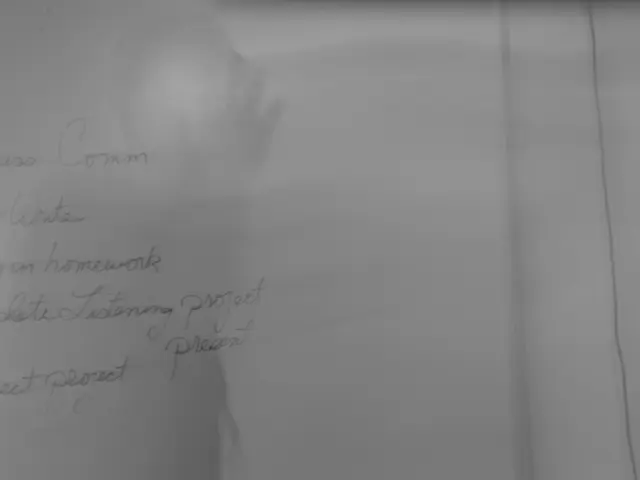Customers Continue Advancing with Long-Term Strategies According to Ingersoll Rand's Financial Chief
Industrial companies appear to be maintaining their long-term investment plans despite ongoing tariff and trade disputes, according to Ingersoll Rand Inc.'s Chief Financial Officer, Vik Kini. Kini shared this outlook during the Wolfe Research 18th Annual Global Transportation & Industrials Conference last week.
Kini highlighted a sense of "healthy project momentum" that Ingersoll Rand observed in the first quarter and expects to continue through 2025. These projects are slated to drive spending on Ingersoll Rand's pumps, compressors, and precision and life sciences technologies products over the next six to 18 months.
Speaking to the Wolfe audience, Kini expressed that while decision-making processes have been extended, some of the delayed projects are now progressing. However, he noted that although the project pipeline has not completely "declogged," there is evidence of movement towards completion.
Ingersoll Rand, with more than 60 manufacturing plants and approximately 21,000 employees worldwide, offers a close vantage point on the capital spending plans of major players in sectors like industrial, food and beverage, energy, and water and wastewater treatment. The company recorded net profits of $839 million on sales exceeding $7.2 billion last year.
Kini pointed out that although some customers continue to express shorter-term uncertainty regarding tariff impacts, the company has revised its 2025 outlooks for organic volume growth and adjusted EBITDA to account for this unpredictability. Despite these revisions, the updated forecast anticipates an increase in sales starting this summer, as well as sustained order momentum and favorable sales trends.
Two Federal Reserve surveys of industrial leaders appear to corroborate Kini's observations, with both surveys showing a rise in future capital expenditure intentions. In the case of the Federal Reserve's Philadelphia branch survey, the net reading jumped from 2 to 27, while the Dallas Fed reported a reading of 24, a significant increase from less than 8.
One respondent to the Dallas Fed survey voiced their frustration over the ongoing trade disputes, stating, "It's admittedly frustrating and disconcerting not to have a better plan with greater confidence than what we have presently."
Ingersoll Rand's adaptive strategy involves offsetting tariff costs through strategic pricing adjustments and focusing on strategic growth via acquisitions.
[Sources: 1 - Ingersoll Rand Q1 Earnings Release, 2 - Ingersoll Rand Q1 Conference Call Transcript, 5 - Ingersoll Rand Q1 Investor Presentation]
Businesses in the industrial sector, like Ingersoll Rand, are demonstrating resilience in their long-term investment plans amid ongoing tariff and trade disputes, as evident from the company's pumps, compressors, and precision and life sciences technologies projects planned over the next six to 18 months. Additionally, finance leaders from various industries, as indicated by two Federal Reserve surveys, have reported higher future capital expenditure intentions, signaling a positive outlook for business investments.







